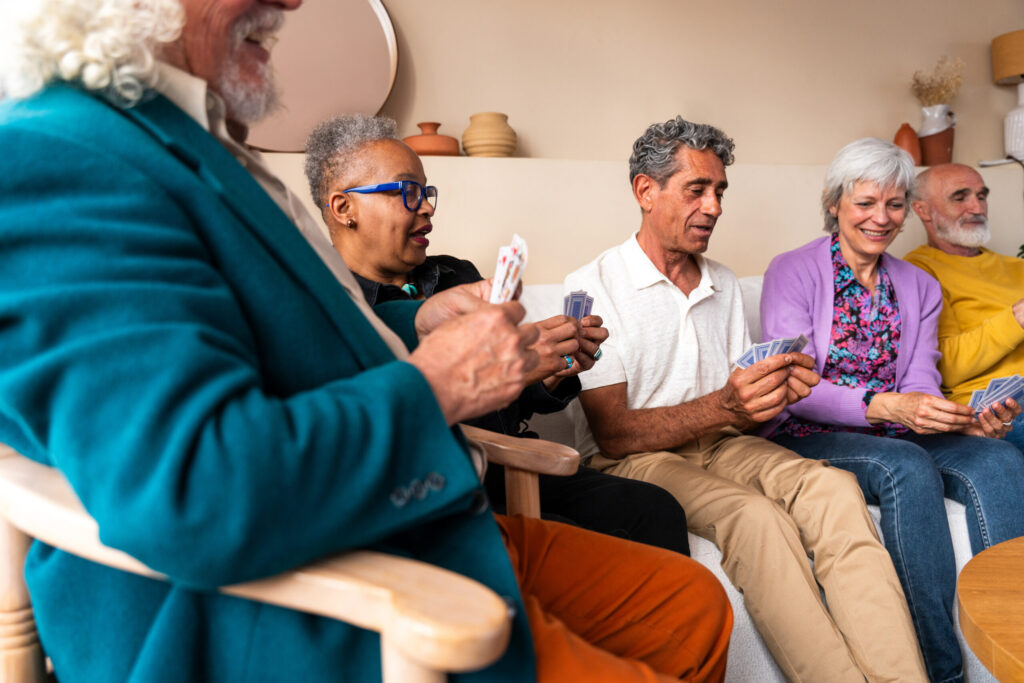How Assisted Living Can Improve Quality of Life for Seniors
For many seniors, the golden years are a time to enjoy life with less worry and more comfort. Assisted living facilities provide an environment that fosters independence while offering support where it’s needed. These communities can improve the quality of life for older adults by addressing their unique needs and alleviating the pressure of daily tasks. Through a combination of social activities, personalized care, and healthcare management, seniors can thrive. Below we’ll explore how assisted living contributes positively to the lives of seniors.
Navigating Health Care Needs With Assisted Living Facilities
As healthcare requirements evolve with age, assisted living facilities stand out by providing tailored health and wellness programs. These services often include routine health monitoring, coordination with healthcare providers, and assistance with daily medication management. Such support is instrumental in maintaining the health stability that allows seniors to enjoy their retirement years worry-free.
Suitable for seniors with varying levels of medical needs, the care provided within these facilities is adaptable. Healthcare professionals, including nurses and other medical staff, are readily available. The integration of nursing services within the residence means that seniors receive attentive and specialized care without the stress of repeated hospital visits.
Moreover, assisted living comes with the added benefit of an on-site response to emergencies. Facilities are equipped to handle urgent health situations, ensuring that immediate attention is given when health concerns arise. This swift action can be life-saving and provides reassurance to both the seniors and their families.
The Role of Social Interaction in Enhancing Senior Life Quality

Social interaction plays a pivotal role in enhancing the quality of life for seniors, a concept embraced by assisted living facilities. These communities are designed to foster a sense of belonging and provide opportunities for residents to form new friendships. From group outings to on-site events, social calendars are filled with activities catered to diverse interests.
For seniors, isolating in their own homes can lead to feelings of loneliness and depression. In contrast, the community environment of assisted living encourages daily interactions that are vital to emotional health. Whether it’s sharing a meal in the dining hall or participating in a group exercise class, residents can stay connected and engaged with those around them.
Through these social activities, seniors are also more likely to stay physically active, an essential component of aging healthily. Activities are organized with varying intensity levels to cater to all fitness levels, ensuring that residents can partake safely and enjoy the benefits of staying active.
Personalized Care Plans: Tailoring Services To Individual Needs

One of the cornerstones of assisted living is the commitment to providing personalized care that aligns with each resident’s unique requirements. Upon entering a facility, seniors undergo assessments that enable the creation of individualized care plans. These plans are not static, as they adapt to the changing needs of each individual, guaranteeing relevant support throughout their stay.
These personalized care plans are closely monitored and updated by a team of professionals collaborating with residents and their families. The emphasis is on honoring the personal preferences and histories of each senior, intertwining their past with their present needs to ensure maximized comfort and satisfaction.
The tailored approach enables seniors to receive the care they need without sacrificing their independence. Activities of daily living, such as bathing and dressing, are provided with respect and discretion, promoting dignity and self-reliance. Such respect for individuality fosters a sense of empowerment among residents, a critical factor in their well-being.
Assisted Living: A Bridge To Active Aging and Independence

Assisted living serves as a bridge to active aging, providing an optimal balance between support and self-direction. Seniors can bask in the independence of managing their own time and choices while also having access to assistance that promotes safety and well-being. This delicate equilibrium supports active aging, where the focus is on living life to the fullest with the appropriate support in place.
Residents of assisted living can take pride in their self-sufficiency with the reassurance that help is available if needed. They are encouraged to participate in decision-making processes regarding their care and community, fostering a sense of agency over their lives. This empowerment translates to higher levels of satisfaction and a stronger sense of personal achievement.
Altogether, assisted living offers a holistic approach to senior living, embracing the nuances of individual needs while nurturing community, independence, and well-being. Overall, it continues to prove itself as an indispensable option for enhancing the lives of seniors across the globe.











